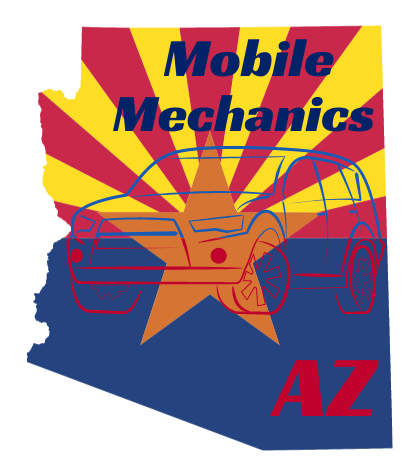Mobile Mechanics
Oil & Filter Change
Regular oil and filter changes are crucial for maintaining your vehicle’s engine
performance and longevity. Here are the key situations and intervals when you should consider doing an oil and filter change:
Manufacturer’s Recommended Interval:
Follow the oil change interval
recommended in your vehicle’s owner’s manual. This is typically every 5,000 to 7,500 miles for most modern vehicles using synthetic oil, but it can be as frequent as every 3,000 miles for older models or those using conventional oil.
Driving Conditions:
If you frequently drive under severe conditions—such as
short trips, stop-and-go traffic, towing heavy loads, or driving in extreme temperatures—you may need to change your oil more frequently than the manufacturer’s recommendation.
Time-Based Interval:
Even if you don’t drive many miles, oil degrades over time.
It’s generally recommended to change your oil at least once a year, regardless of mileage.
Dashboard Indicator:
Many modern vehicles have an oil life monitoring system that alerts you when it’s time for an oil change. Pay attention to these indicators and change your oil promptly when notified.
Dark or Dirty Oil:
Check your oil regularly. If the oil appears very dark or dirty, it’s
a sign that it needs to be changed. Clean oil is usually amber and slightly translucent.
Unusual Engine Noise:
If your engine is making unusual noises such as knocking or ticking, it could be a sign that the oil level is low or the oil is not providing adequate lubrication, indicating it’s time for an oil change.
Oil Change Reminder Sticker:
If you have a sticker from your last oil change indicating the next change due date or mileage, use it as a reminder to stay on
schedule.
After Long or Hard Driving:
After a long road trip or extensive hard driving, it’s a
good idea to check and possibly change the oil, as prolonged driving can degrade the oil more quickly.
New Vehicle Break-In:
For new vehicles, follow the manufacturer’s guidelines for
the initial oil change. Some manufacturers recommend an early oil change to remove any metal particles from the engine break-in period.
Oil Level is Low:
If you frequently need to top off your oil, it could indicate an
underlying issue, and an oil change may be warranted to ensure there’s no contamination or degradation affecting the engine.
Oil Filter Condition:
The oil filter should be changed along with the oil. If you notice any issues with the filter, such as visible damage or clogging, replace it during the oil change.
Contact Us Today!
Regular oil and filter changes are essential for keeping your engine clean, lubricated, and functioning efficiently. Always consult your vehicle’s owner’s manual and consider your driving habits to determine the best oil change schedule for your vehicle.
Contact us today.

